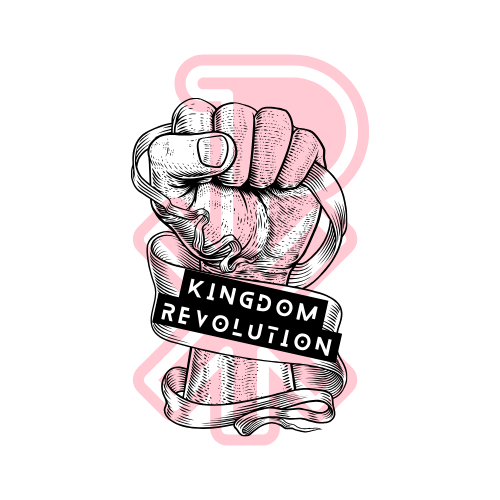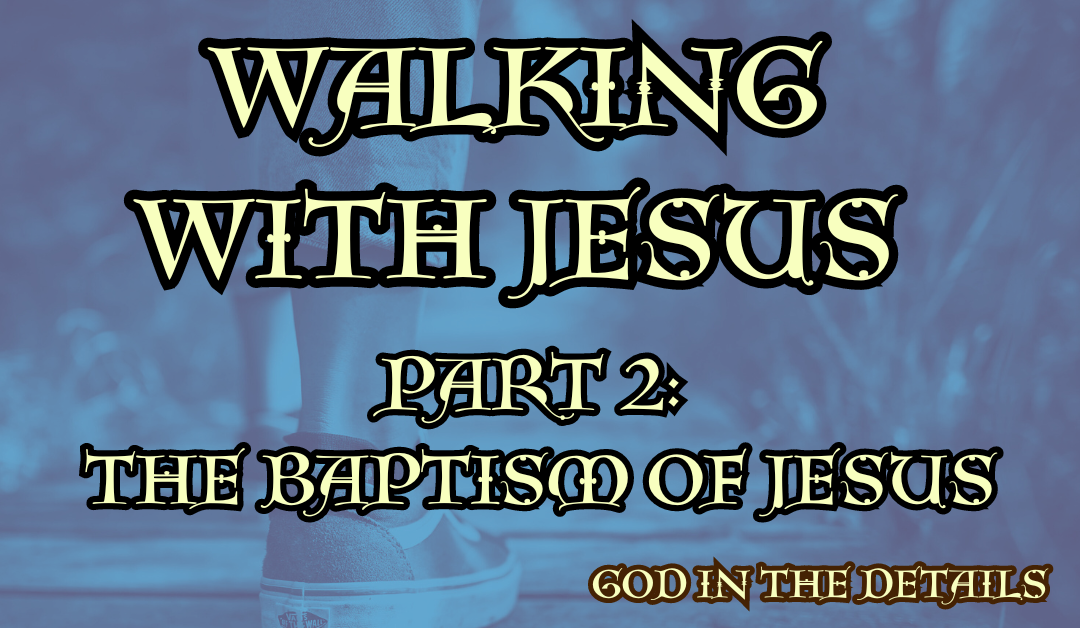
Tabernacle Typology Part 5: Fine Linen
Ex. 25:1-9: (KJV)
And the Lord spake unto Moses, saying, “Speak unto the children of Israel, that they bring me an offering: of every man that giveth it willingly with his heart ye shall take my offering.And this is the offering which ye shall take of them; gold, and silver, and brass,And blue, and purple, and scarlet, and fine linen, and goats’ hair,And rams’ skins dyed red, and badgers’ skins, and shittim wood, Oil for the light, spices for anointing oil, and for sweet incense, Onyx stones, and stones to be set in the ephod, and in the breastplate. And let them make me a sanctuary; that I may dwell among them.
According to all that I shew thee, after the pattern of the tabernacle, and the pattern of all the instruments thereof, even so shall ye make it.”
Linen, according to modern research, has been used for thousands of years and appears to be one of the oldest textiles known to man. Derived from the ancient Greek word ‘linón’ it referred to fabric woven from the fibres of the Flax plant
The Ancient Egyptians reserved linen for use by the social elite. They made everything from clothing, furnishings, decorations and sails for ships – they even used it as currency in some instances. Most famously it was used to dress their mummies for burial.
It had such a high place in the Egyptian mind that it was often referred to as ‘woven moonlight’.
It would later, in other parts of the world, become a symbol of status and refinement – often being included in the dowry of Mediaeval brides.
‘Linen’ appears more than a hundred times in the English Scriptures and was a sought-after commodity in Bible times.
We read about the Angels appearing in robes of fine linen – Revelation 15 and 19, Ezekiel Chapters 9 and 10; Daniel Chapters 10 and 12 – representing their service, righteousness and purity.
Jeremiah (in Jeremiah 13) is instructed to purchase a linen belt, and after wearing it for a while to bury it. Many days later the Lord instructs him to dig it up. By this time it is dirty and useless. Here the belt represents the bond between Judah and God – and how that bond had been tarnished by their disobedience and wickedness. The belt of linen represented God’s bond with His people – a bond of Holiness. The linen belt represented the consecrated garb of the priests, and therefore also the priesthood of His people – the girdle of Jehovah – chosen as His Holy People.
In the book of Revelation the Bride – the saints – are clothed in fine linen as well (Revelation 15 and 19). Here it represents a separation from the world and its wickedness – the clothes kept clean and pure.
Rabbinical tradition holds that whenever a priest’s garment had a stain that could not be removed, or if their garments had reached a point of disrepair, it would be cut into strips and recycled as candle wicks – “for there can be no display of poverty in a place of wealth.” (Klei Hamikdash, chapter 8).
Linen in the Tabernacle was used in the construction of the fence, and the ceremonial garments of the priesthood.
The pure, undecorated white fence around the Tent of Gathering made a separation between what happened within fro the world outside.
To step into the courtyard was to leave the world outside.
The fence was meant to protect and conceal what was happening inside.
Earlier we mentioned the fact that linen was used to wrap the Egyptian mummies – but it was also used in other burial ceremonies in other cultures. Jesus was also buried in fine linen.
There is a definite connection between death and linen – or rather in this case mortality and linen. As a portrait of Jesus the linen represents the humble and mortal flesh that God put on to die upon the cross for us – unblemished and pure, sinless and without blame.
It is through this mortality of Jesus, offered as a sacrifice, that we get to enter in to the courtyard of His presence – stepping out of the world as we know it and into His resurrection – ever closer to the Heart of the Father. All of the promises of the Tabernacle – the forgiveness and remission of sin – was contained within these walls of linen, just like the promise of redemption and reconciliation was hidden in the pure and unblemished linen of His Body broken for us.
For the Christian believer the linen fence represents the boundary between this world of sin and shame and the New Life in Christ.
Stepping out of the world and into His Holiness – separating ourselves from the world and drawing closer to Him.
Reflect:
- In meditating on the above and the construction of the Tabernacle, in what other ways can the use of linen in the Tabernacle represent not only Christ and His Coming (as the Spotless Lamb of God – the Holy and Anointed One), but also the New Life of the believer?
- What is your understanding of Holiness? Is it imparted by the Holy Spirit? Is it something you work for or towards? Or is it both a gift of God, the work of the Holy Spirit – as well as a process that we are actively involved in? How would you explain this using the Tabernacle as a sort of metaphor?
Prayer: Lord, let my robes be unblemished and spotless before You. Help me, Jesus, through Your Holy Spirit to keep my garments clean. If there is any wickedness within me, remove it! I thank You Lord for Your mercy and grace! Even though my sins were as scarlet You have washed me white as snow. Show me Lord, if there is anything I have yet to surrender to Your careful, loving Hand – and give me the courage and the wisdom to act. Help me, Lord, to live a life worthy of the One You gave upon the Cross. In Jesus Name. Amen.




